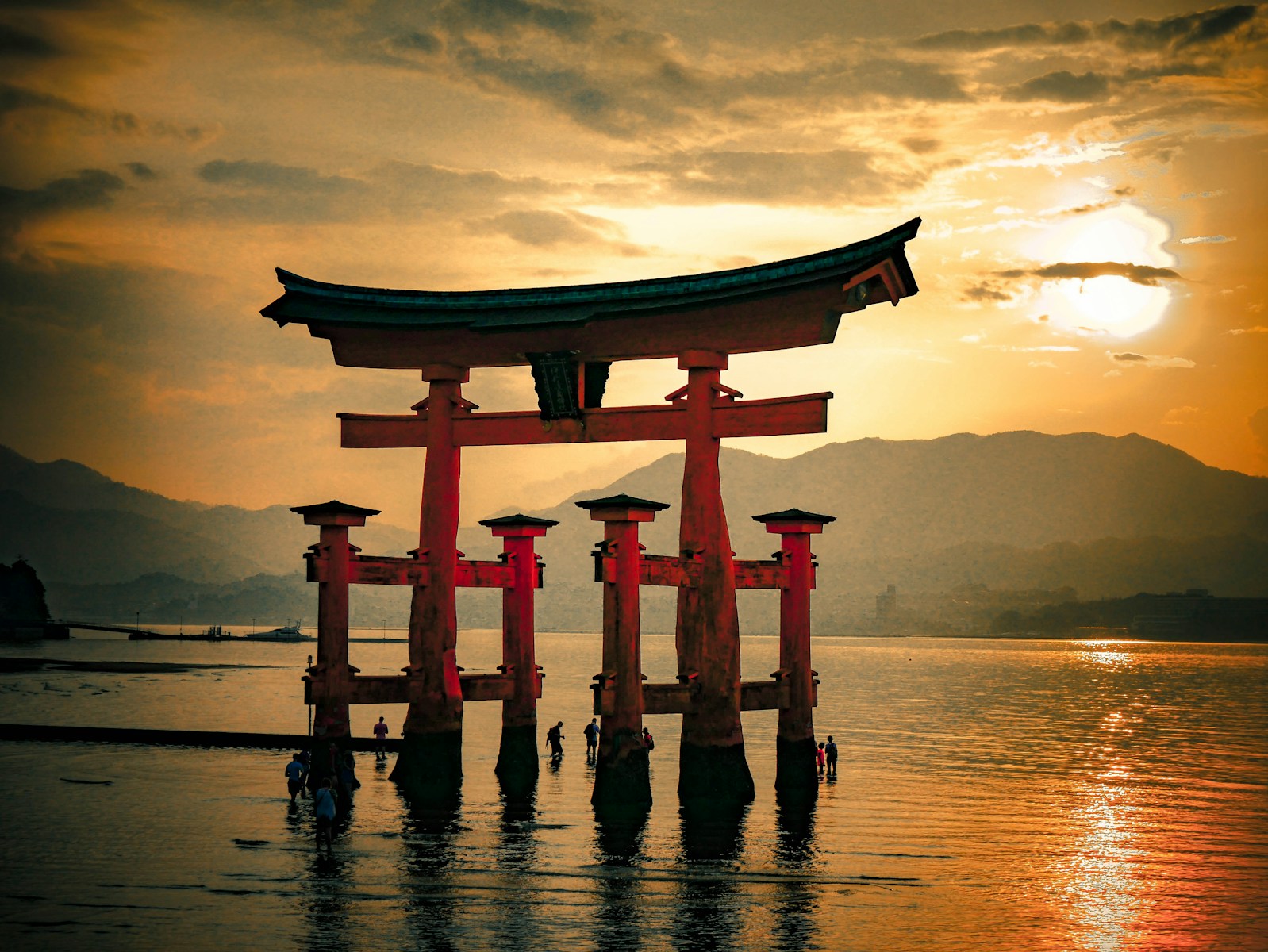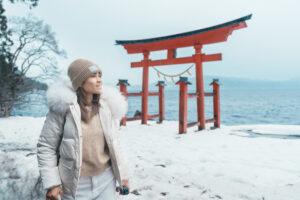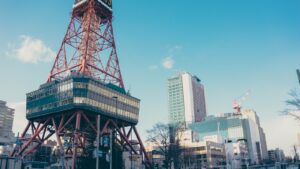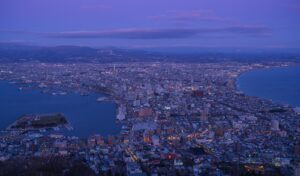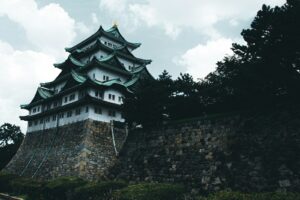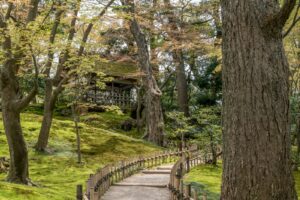Hiroshima, a city whose name was eternally etched into the annals of history on August 6, 1945, stands today as a beacon of resilience and beauty. From the devastating impact of the world’s first atomic bombing, Hiroshima has risen, phoenix-like, transforming its scars into symbols of peace and recovery. This journey through Hiroshima is not just a trek across geographical locales but a voyage into the heart of human endurance, a testament to the city’s unbreakable spirit. From solemn memorials to lush gardens, from enduring symbols of survival to vibrant cultural expressions, Hiroshima invites visitors to explore its past, appreciate its present, and look forward to its future with hope.
Hiroshima: Rising from the Ashes of History
Once a tragic symbol of war’s devastating capabilities, Hiroshima has been reborn as a city of peace and prosperity. The transformation is visible in its bustling streets, modern buildings, and the vibrant life of its citizens. Despite the atomic bomb’s destruction, Hiroshima’s recovery is a narrative of remarkable human spirit and determination. This city, now thriving, is a powerful reminder that even the greatest calamities can be overcome. The efforts to rebuild, to remember the past, and to ensure such a tragedy never occurs again are evident in every corner of Hiroshima, making it a living monument to human resilience.
A Walk Through Peace Memorial Park’s Solemn Beauty
The Peace Memorial Park in Hiroshima is a sprawling expanse of green amidst the city, dedicated to the memory of those lost in the atomic bombing. As visitors walk through the park, they encounter various monuments, each telling a unique story of loss, hope, and peace. The Cenotaph for the Atomic Bomb Victims, with its arch shape, holds the names of all known victims of the bombing, a poignant reminder of the human cost of war. The Children’s Peace Monument, adorned with thousands of colorful paper cranes, symbolizes the innocent lives lost and the ongoing desire for peace. This park, with its somber beauty, invites reflection, offering a space for contemplation and remembrance amid the natural beauty.
The Atomic Bomb Dome: A Haunting Symbol of Survival
Among Hiroshima’s most iconic landmarks, the Atomic Bomb Dome stands as a stark, haunting reminder of the fateful day in 1945. Originally the Hiroshima Prefectural Industrial Promotion Hall, the building was one of the few structures left standing near the bomb’s hypocenter. Today, it serves as a powerful symbol of destruction and survival, encapsulating the horror of nuclear warfare and the enduring hope for peace. The Dome, preserved in its skeletal state, attracts visitors from around the globe, serving as a testament to the city’s past and its commitment to a future without nuclear weapons.
Hiroshima Castle: A Testament to Feudal Strength
The reconstructed Hiroshima Castle, often referred to as Carp Castle, stands as a symbol of Japan’s rich feudal history and resilience. Destroyed in the bombing, the castle was painstakingly rebuilt, now housing a museum that showcases Hiroshima’s past, including its samurai heritage. The castle’s majestic appearance, complete with its moat and traditional architecture, offers a glimpse into the era of feudal lords and warriors. Surrounding the castle, a serene park provides visitors with a peaceful retreat, and the panoramic view from the top floor of the castle’s main keep is a must-see, offering sweeping vistas of the modern city juxtaposed with the ancient fortress.
Shukkeien Garden: A Microcosm of Natural Splendor
Shukkeien Garden, meaning "shrunken-scenery garden," is a place of exquisite beauty and tranquility in Hiroshima. Created in 1620, this meticulously designed garden invites visitors to journey through miniature landscapes, including valleys, mountains, and forests, all within its compact space. The garden, which survived the atomic bombing, has been restored and continues to offer a peaceful refuge from the urban environment. With its meandering paths, teahouses, and koi ponds, Shukkeien provides a perfect embodiment of traditional Japanese landscape design and a serene escape for reflection and rejuvenation.
The Resilient Spirit of Hiroshima’s Inhabitants
The true heart of Hiroshima lies in the indomitable spirit of its people. Faced with unimaginable devastation, the citizens of Hiroshima demonstrated remarkable resilience, rebuilding their lives and their city with unwavering hope and strength. Today, this spirit is palpable in the warm welcomes visitors receive and in the stories of survival and rebuilding shared by locals. Hiroshima’s inhabitants have not only reconstructed their city but also dedicated themselves to advocating for peace and nuclear disarmament worldwide. Their enduring optimism and commitment to peace are perhaps the most moving aspects of Hiroshima, inspiring all who visit.
Miyajima Island: A Sacred Sanctuary Nearby
A short ferry ride from Hiroshima lies Miyajima Island, a place of breathtaking natural beauty and spiritual significance. Home to the Itsukushima Shrine, famous for its floating torii gate that appears to stand in the sea during high tide, Miyajima offers a blend of natural, cultural, and spiritual experiences. The island, considered sacred, provides a tranquil contrast to the city, with its lush forests, wild deer, and traditional buildings. Visitors can explore ancient temples, savor local delicacies, and hike Mount Misen for spectacular views. Miyajima serves as a reminder of the harmony between nature and human craftsmanship, adding a spiritual dimension to the Hiroshima experience.
Sampling Hiroshima’s Culinary Delights: Okonomiyaki
Hiroshima’s culinary scene offers a delicious exploration of flavors, with the city’s version of okonomiyaki being a must-try dish. This savory pancake, layered with noodles, cabbage, pork, seafood, and topped with a variety of condiments, is a Hiroshima specialty. Cooked on a large griddle right before your eyes, the experience of eating okonomiyaki is as entertaining as it is tasty. Each bite reveals the complexity and richness of Hiroshima’s culinary traditions, making it a delightful way to experience the local culture.
The Impact of Art and Culture in Hiroshima’s Healing
Art and culture have played pivotal roles in Hiroshima’s journey of healing and rebirth. Museums, galleries, and cultural festivals not only celebrate the city’s artistic heritage but also serve as mediums for expressing the experiences and aspirations of its people. Through music, literature, and visual arts, Hiroshima conveys messages of peace and resilience, transcending language barriers and reaching hearts globally. The city’s vibrant cultural scene is a testament to the belief that creativity and expression are essential components of recovery and peacebuilding.
Hiroshima’s Commitment to Peace and Disarmament
Hiroshima’s history has imbued it with a profound commitment to peace and the abolition of nuclear weapons. This commitment is visible in the city’s education programs, memorial activities, and international advocacy. Hiroshima has become a global voice for disarmament, hosting peace conferences and welcoming delegates from around the world to share its story. The city’s efforts to promote peace are a powerful reminder of the catastrophic consequences of nuclear war and a hopeful call for a future free from such threats.
Exploring the Hiroshima Peace Memorial Museum
The Hiroshima Peace Memorial Museum is an essential stop for any visitor, offering a deeply moving and educational experience. Through exhibits that include personal belongings of the victims, photographs, and other artifacts, the museum presents a comprehensive account of the bombing and its aftermath. The narratives and images are poignant reminders of the human cost of war and the urgent need for peace. The museum challenges visitors to consider the implications of nuclear warfare and to reflect on their role in fostering a peaceful world.
Hiroshima Today: A City Embracing Its Future with Hope
Today, Hiroshima stands as a vibrant city, embracing its future with optimism and an unwavering spirit of resilience. It is a city that has not only rebuilt itself physically but has also emerged as a symbol of peace and hope globally. Hiroshima’s journey from devastation to rejuvenation is a powerful narrative of human capacity for recovery and the relentless pursuit of a peaceful world. As the city continues to grow and evolve, it remains rooted in the lessons of its past, looking forward to a future where peace and prosperity flourish.
Exploring Hiroshima is an experience that transcends time, taking visitors on a journey through the darkest moments of human history to the brightest visions of our collective future. It is a city that tells a story of unimaginable loss and remarkable recovery, a testament to the resilience of the human spirit. Hiroshima’s transformation from a war-torn city to a beacon of peace and beauty is a powerful reminder of what is possible when humanity comes together to heal, rebuild, and dream of a better world. In Hiroshima, the past is never forgotten, but the future is embraced with hope, making it an essential destination for all who seek to understand the profound importance of peace.
